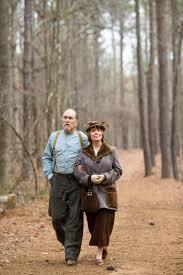 Now I’m 67-years old (yikes, that sounds crazy), I guess that I should be slowing down and enjoying life here in Perth. Well, I am enjoying life, other than hugely missing my children and grandchildren in the UK, but I don’t seem to be slowing down.
Now I’m 67-years old (yikes, that sounds crazy), I guess that I should be slowing down and enjoying life here in Perth. Well, I am enjoying life, other than hugely missing my children and grandchildren in the UK, but I don’t seem to be slowing down.
I’ve now got a very busy few weeks ahead. Firstly, I’m just preparing the last bits I need before submitting my book Carrolup to a publisher. [The tag line of the book, which would appear on the cover, is A true story of Aboriginal child artists challenging a government’s racist policies.] For those of you who are interested, you can download a short version of this story in an article I wrote this year for the Journal of the Royal Western Australian Historical Society (Number 104, 2020). One of the children’s artworks is shown on the cover of this Journal.

 Here’s an article on asset-based community development which I wrote some years ago. This approach can facilitate healing in a community.
Here’s an article on asset-based community development which I wrote some years ago. This approach can facilitate healing in a community.




